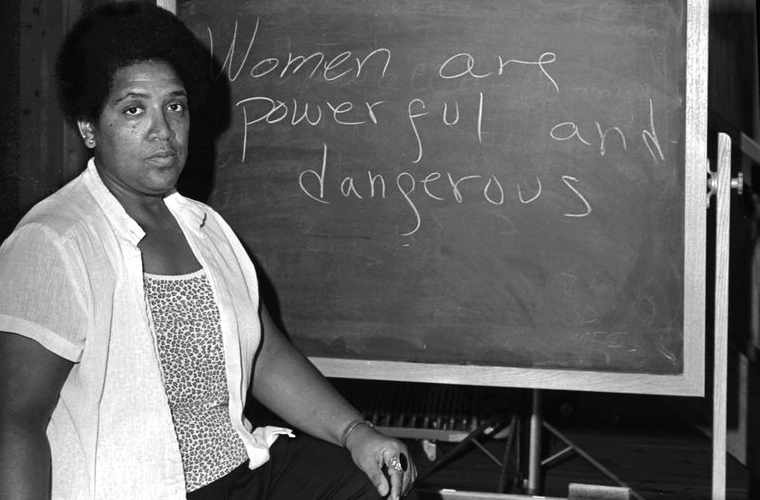Audre Lorde was a prominent figure in American literature and activism, known for her powerful writing and unwavering commitment to social justice. Born in New York City in 1934, Lorde grew up in a time of racial segregation and discrimination, which profoundly influenced her work and activism. Throughout her life, she confronted issues of race, gender, sexuality, and class, using her writing as a tool for both personal expression and social change.
Lorde’s literary career began in the 1960s, and she quickly gained recognition for her poetry and essays that addressed the experiences of Black women in America. Her work challenged the status quo and provided a voice for those who had been marginalized and silenced. Lorde’s writing was unapologetically honest and raw, delving into themes of identity, power, and oppression with a clarity and urgency that resonated with readers around the world.
In addition to her literary contributions, Lorde was deeply involved in activism, advocating for the rights of marginalized communities and working to dismantle systems of oppression. She co-founded Kitchen Table: Women of Color Press, the first U.S. publisher for women of color, and was a prominent figure in feminist and LGBTQ+ movements. Lorde’s activism was informed by her own experiences as a Black lesbian woman, and she was unafraid to speak out against injustice and inequality.















One of Lorde’s most famous works is her collection of essays titled “The Cancer Journals,” in which she documented her experience with breast cancer and explored the intersections of illness, identity, and activism. This groundbreaking work not only shed light on the physical and emotional toll of illness but also challenged societal norms around beauty, femininity, and health.
Throughout her career, Lorde emphasized the importance of self-care and self-expression as tools for resistance and empowerment. She believed in the power of community and encouraged others to embrace their differences and stand up for their rights. Lorde’s legacy continues to inspire writers, activists, and scholars to this day, as her work remains relevant and impactful in the ongoing fight for social justice.
In recognition of her contributions to literature and activism, Audre Lorde received numerous awards and honors, including the American Book Award for her poetry collection “A Burst of Light” and the Walt Whitman Citation of Merit for poetry. Her influence extends far beyond the literary world, as she continues to be celebrated for her fearless advocacy and unwavering commitment to equality.
Audre Lorde passed away in 1992, but her legacy lives on through her writing, activism, and enduring impact on generations of readers and activists. Her work continues to challenge societal norms, inspire critical conversations, and empower individuals to create change in their communities. Audre Lorde’s enduring legacy serves as a reminder of the power of literature and activism to effect meaningful and lasting change in the world.

